
March Madness & Blood Clots: Hall of Fame Vein Health Starts in Springfield, MA
This blog connects the excitement of March Madness with the serious risk of blood clots in athletes, highlighting cases like Damian Lillard and Chris Bosh. Featuring expert care from Dr. Robert J. Anderson at CVR’s Springfield, MA clinic, it explains how chronic venous insufficiency can lead to DVT—and why early detection is critical.

Venous Thromboembolism & Spaceflight: What Astronauts Teach Us About Blood Clots on Earth
Astronauts returning from space face unique circulatory challenges, including an increased risk of venous thromboembolism (VTE), a condition that also affects millions on Earth. This blog explores the connection between spaceflight and blood clots, highlighting key risk factors such as prolonged immobility, dehydration, and genetic predisposition. By learning from astronauts' experiences, readers can take proactive steps—like staying active, hydrated, and wearing compression stockings—to protect their vein health and reduce the risk of deep vein thrombosis (DVT) and pulmonary embolism (PE).

What Should I Do If I Think I Have a Blood Clot?
If you suspect a blood clot, acting quickly is crucial to prevent serious complications. Blood clots, particularly deep vein thrombosis (DVT), can cause pain, swelling, and even life-threatening conditions like pulmonary embolism. This blog, reviewed by board-certified vein specialist Dr. Michael Cornwell, MD, FACS, explains what a blood clot is, the warning signs to watch for, and when to seek emergency care.

Why “Grounding Technology” Won’t Cure Varicose Veins
Grounding mats may be marketed as a quick fix for varicose veins, but the science simply doesn’t support their claims. Varicose veins result from faulty vein valves, not poor circulation or weak calf muscles, meaning only medically proven treatments can effectively address the root cause. At Center for Vein Restoration, our board-certified vein specialists offer advanced, minimally invasive procedures that provide lasting relief—schedule a consultation today to get expert care for your vein health.
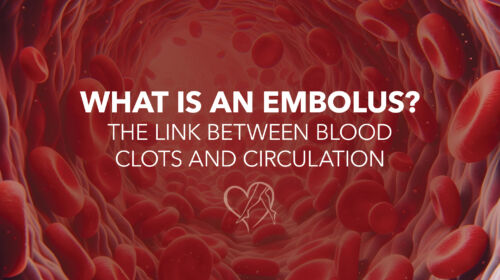
What Is an Embolus? The Link Between Blood Clots and Circulation
This blog explains how emboli, often from blood clots, can block blood flow, leading to complications like pulmonary embolism or stroke. It highlights the link to vein issues like chronic venous insufficiency—the root cause of varicose veins—and offers prevention tips, emphasizing early detection and care from the board-certified vein specialists at Center for Vein Restoration.
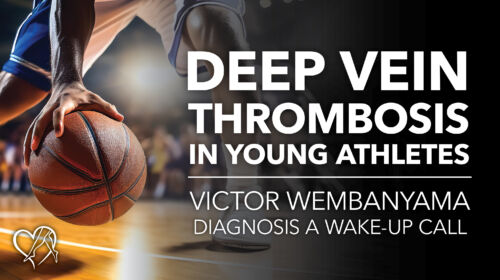
Deep Vein Thrombosis in Young Athletes: Victor Wembanyama Diagnosis a Wake-Up Call
Victor Wembanyama’s unexpected deep vein thrombosis (DVT) diagnosis highlights that even young, highly active individuals can develop serious vein conditions. DVT is a life-threatening condition where a blood clot forms in a deep vein, potentially leading to a pulmonary embolism if untreated. Center for Vein Restoration (CVR) offers expert diagnosis and treatment to help manage vein health, prevent complications, and reduce the risk of DVT. Schedule a consultation today to take proactive steps toward healthier veins and better circulation.

Healthy Habits, Healthy Veins: A Veins Doctor’s Advice on Weight Loss, Exercise, and Leg Health
In this expert-reviewed blog, Dr. Robert Anderson from Center for Vein Restoration shares how simple lifestyle changes—like exercise, weight management, and reducing alcohol intake—can improve circulation and prevent vein issues. Learn why small, consistent habits lead to long-term vein health and when it’s time to see a specialist. Read more and take the first step toward healthier legs today!

When to Worry About Your Varicose Veins
Varicose veins are more than a cosmetic issue—they can signal underlying vein disease that impacts your health and comfort. This comprehensive guide explains the causes, symptoms, and advanced treatment options for varicose veins, helping you determine when to seek expert care. Learn how early intervention from the specialists at Center for Vein Restoration can prevent complications, alleviate symptoms, and improve your quality of life. Don’t let varicose veins hold you back—schedule a consultation today!
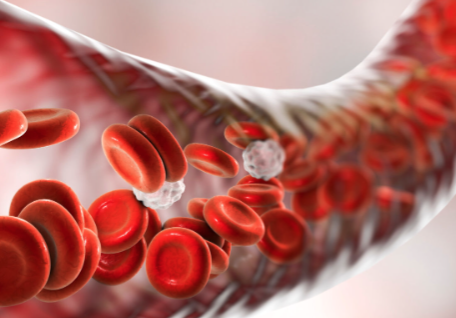 About Vein Disease
About Vein Disease
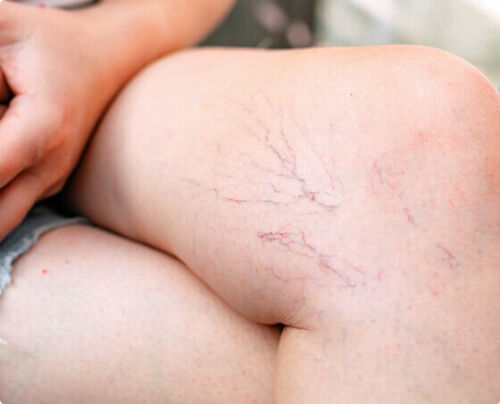 Spider Veins
Spider Veins
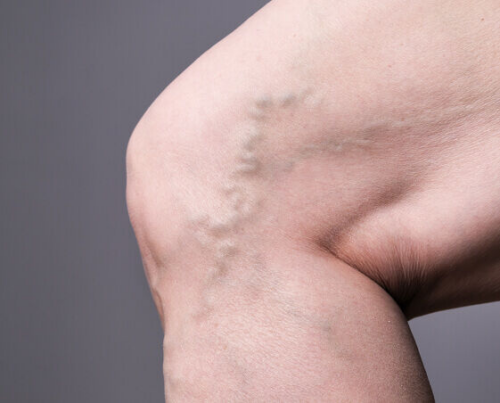 Varicose Veins
Varicose Veins
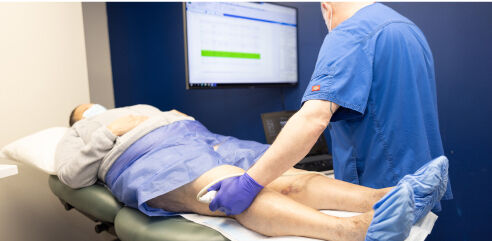 Vein Disease Treatments
Vein Disease Treatments
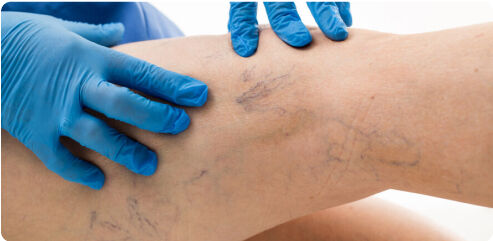 Treating Spider Veins
Treating Spider Veins
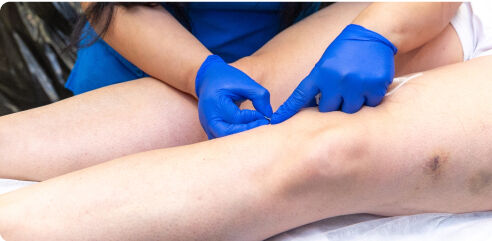 Treating Varicose Veins
Treating Varicose Veins
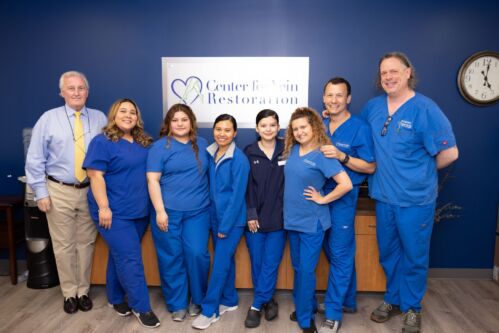 About Us
About Us
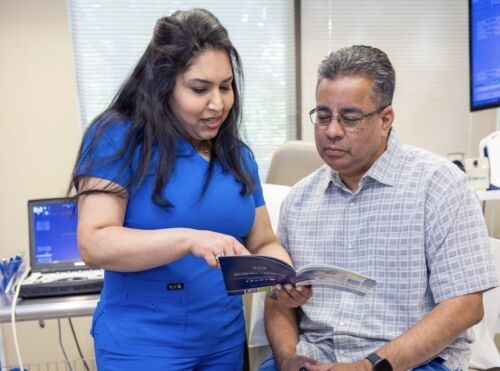 Patient Resources
Patient Resources
 Physician Resources
Physician Resources

